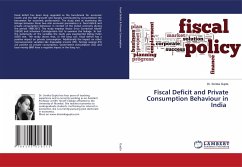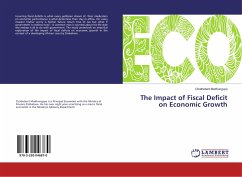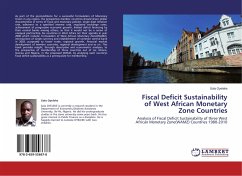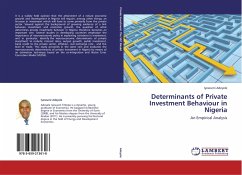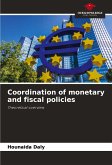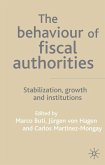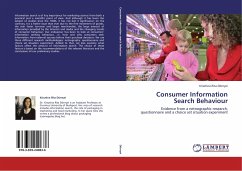Fiscal deficit has been long regarded as the benchmark for economic health and the GDP growth rate (largely contributed by consumption) the barometer for economic performance. The study aims at examining the linkage between these two vital economic parameters i.e. fiscal deficit and private consumption behaviour in context of the Indian economy during the period 1980-2013. The study employs Vector Error Correction Model (VECM) and Johansen Cointegration test to examine the linkage. To test the stationarity of the variables the study uses Augmented Dickey Fuller (ADF) test. The study shows that, in the long run, fiscal deficit has a positive impact on private consumption. Additionally the impact on other macroeconomic variables like disposable income (YD), foreign savings (FS) are positive on private consumption. Government consumption (GC) and base money (BM) have a negative impact in the long run.
Bitte wählen Sie Ihr Anliegen aus.
Rechnungen
Retourenschein anfordern
Bestellstatus
Storno

